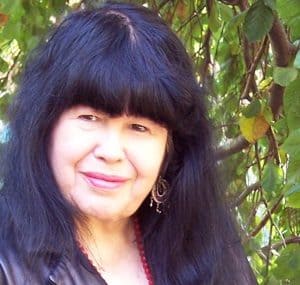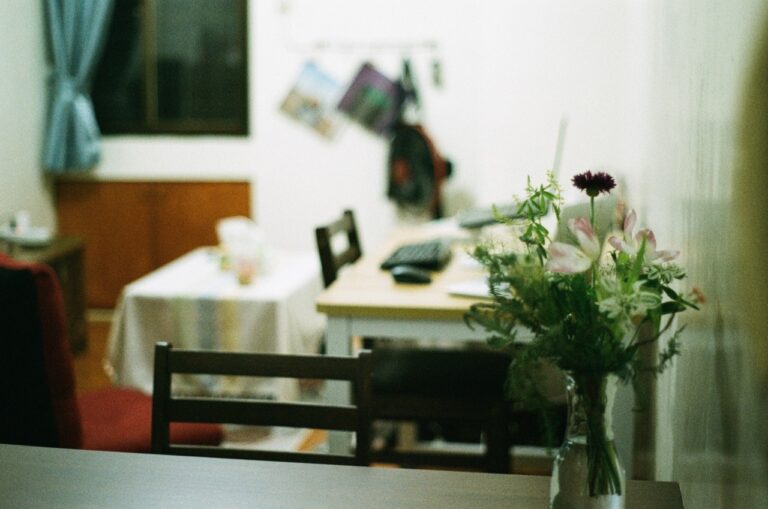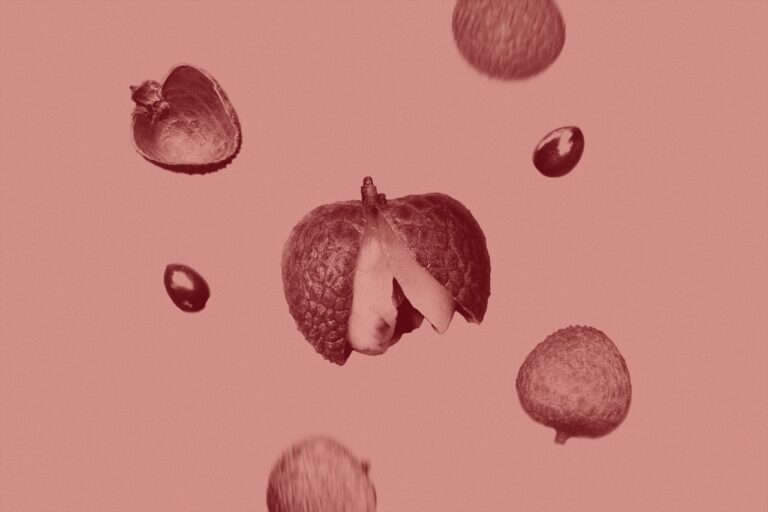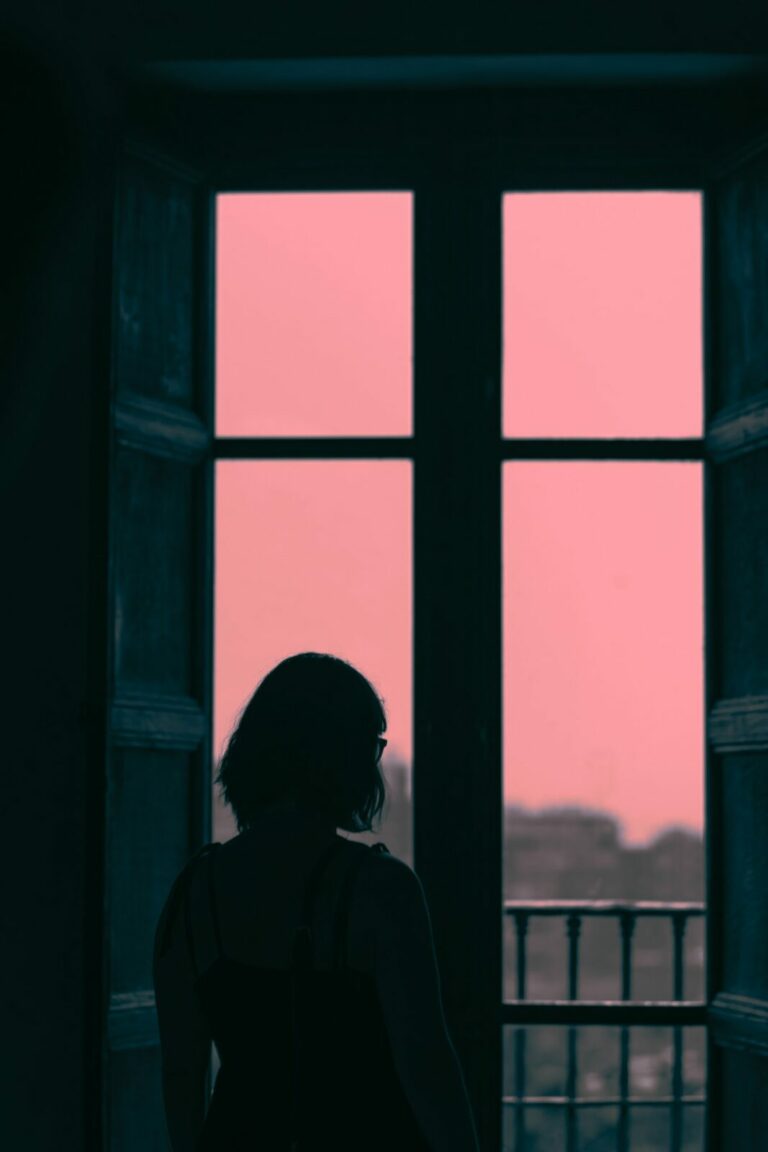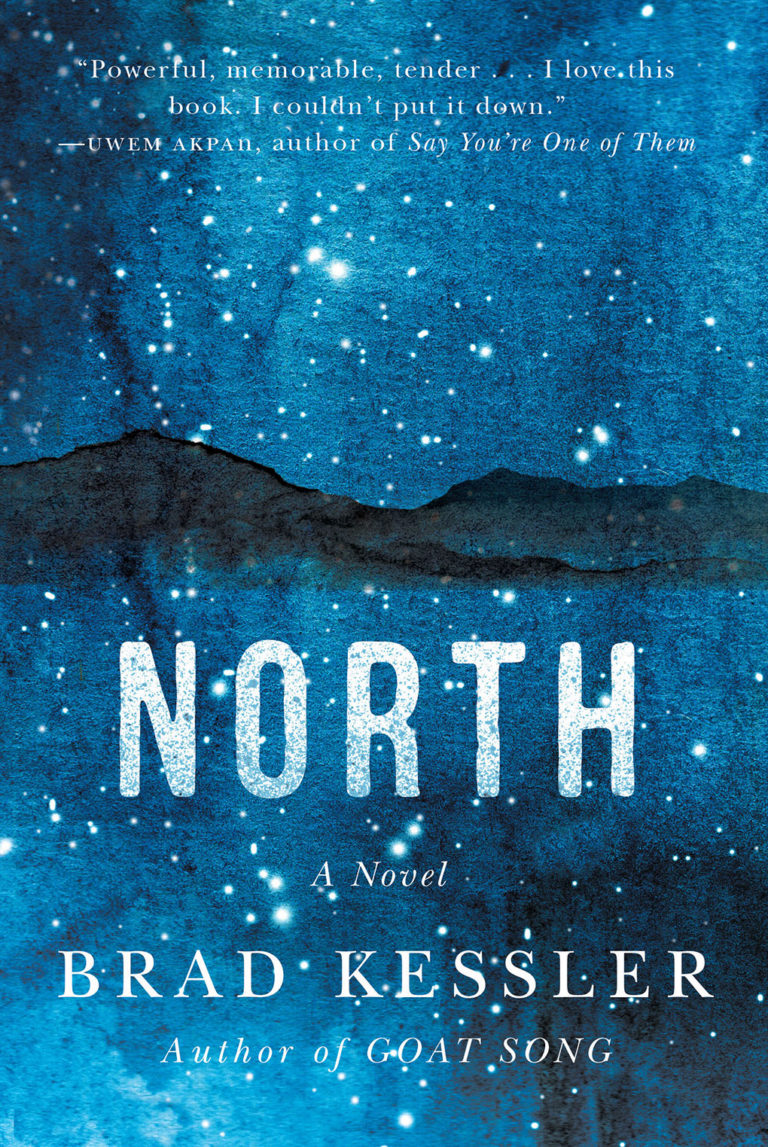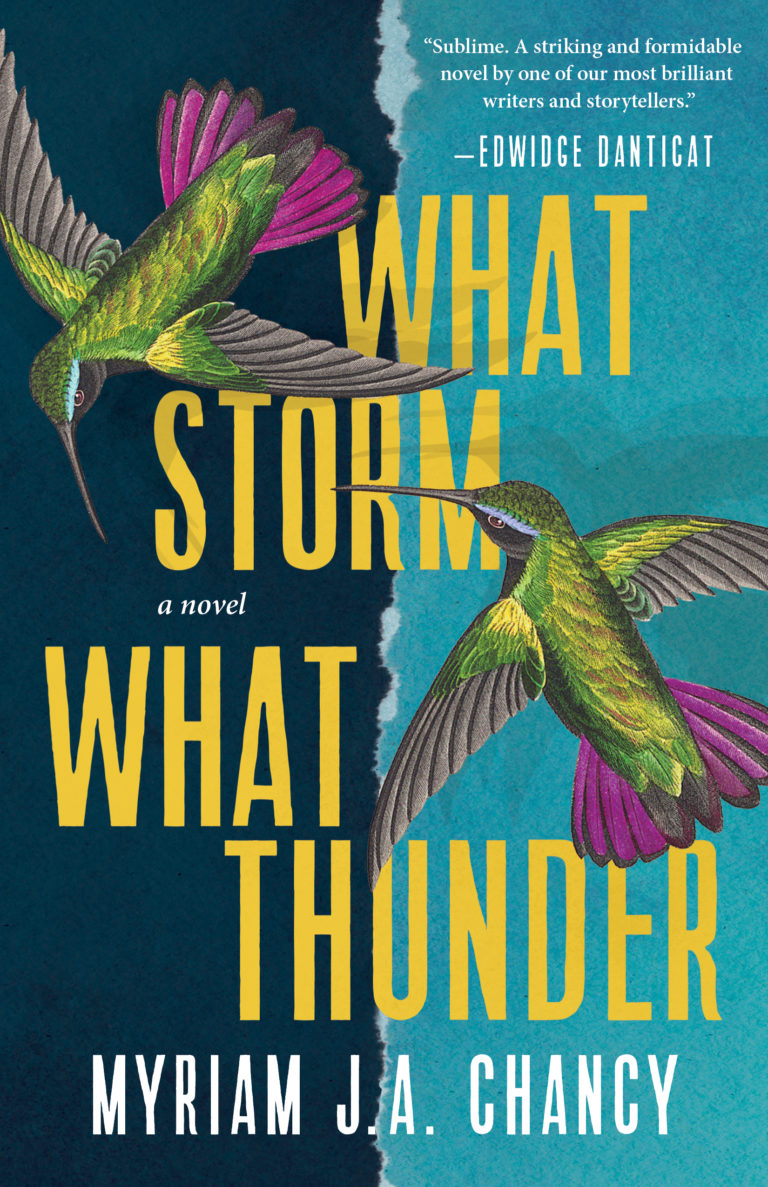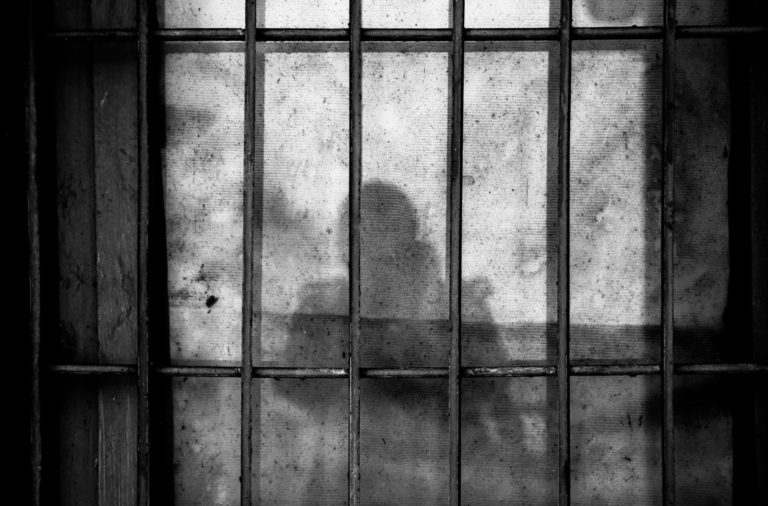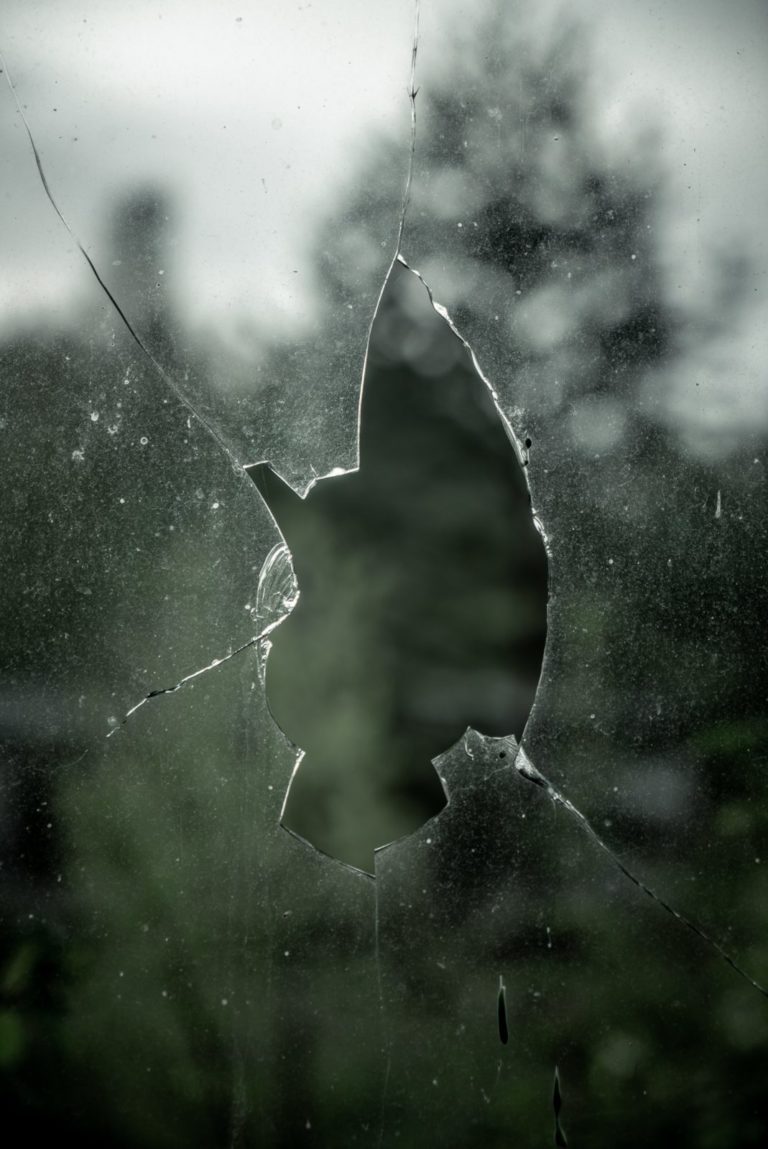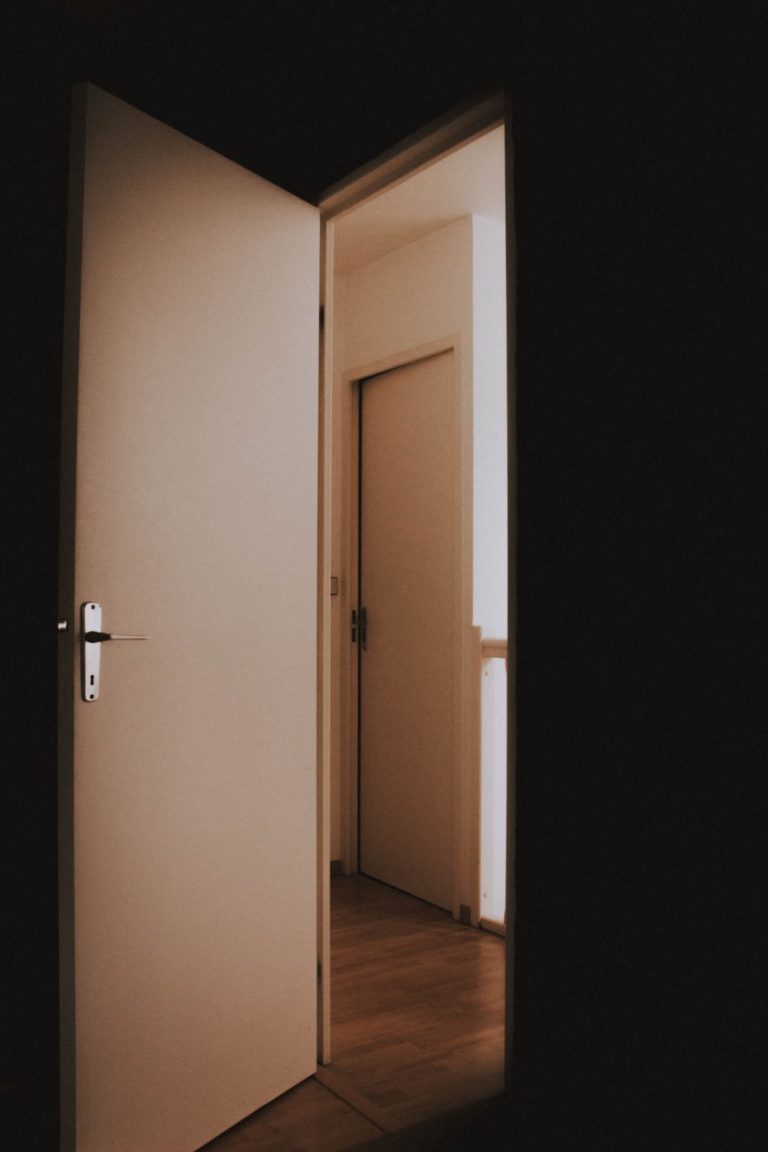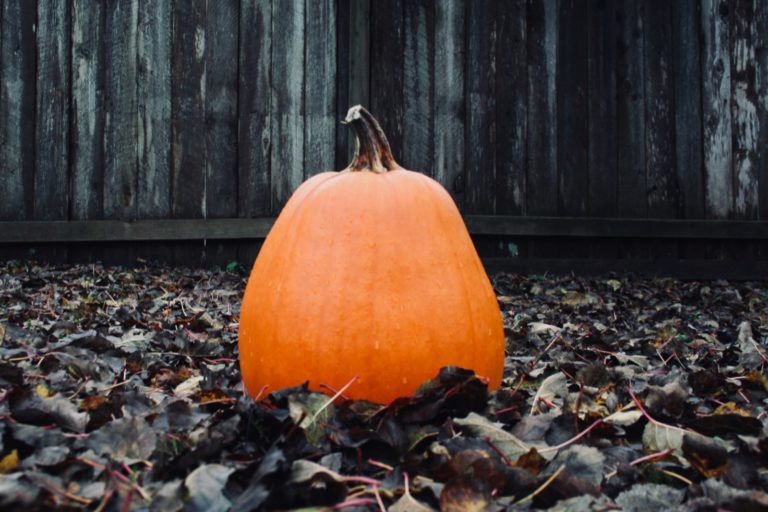I was what was then called a tomboy until halfway through my seventh year. I had always played with neighboring boys. I had little interest in school—being just average and paying little attention. Then I caught the German measles followed quickly by rheumatic fever. The doctor came, examined me, said I would die, and asked for his $10 in cash.
My grandmother Hannah, who lived with us half the year and half with my mother’s youngest sister, Ruth, came on the train from Cleveland. I have vague feverish memories. I felt like my mother and father were angry with me for being so sick. My bobbah rushed into action. My Hebrew name was Miriam. The first thing Hannah did was conduct an impromptu naming ceremony as if I were a newborn. There was some guy present I remember, so it might have been a rabbi she pressed into service. She changed my name to Marah, bitter, so that moloch ha moves, the angel of death, would not know me, and would not want me, and would pass over.
She hung on my neck a hamsah, that upraised hand with the eye in the palm, to ward off the demons that were attacking me. I have it to this day, although the string on which she hung it has long ago fallen apart. She said it protected me against ayin harah, the evil eye, from which diseases and curses come.
Most of this occurred when my father was absent. He was not Jewish and resented any religious observation. He would go to the Presbyterian Church when we were visiting his relatives in Ebensburg, Pennsylvania in soft coal country, but he did not believe in a deity. He was stolidly materialist, believing in what science he knew and understood, believing passionately in mathematics and rationality—except when he lost his massive and fiery temper. He regarded any Jewish usage as superstitious, unclean, messy. My grandmother who had given me my religious education was Orthodox. When she was with us, we ate kosher. My mother managed to make it acceptable to him without telling him much of what was going on. He would insist on dairy with his meat, but the rest of us avoided it quietly. I grew up understanding that being Jewish was a secretive thing in Detroit, but not in Cleveland. When Hannah had gone back to Ruth, our level of observance dropped to zero.
I was wracked by fever, coming in and out of consciousness. I remember waking and smelling something burning. I still don’t know what herbs my bobbah set on fire in an ashtray, but again, she was driving out the demons. She surrounded my bed with a rim of kosher salt. My mother, being a superstitious woman herself, let Hannah do what she could but hung back, mostly, I think, from fear of what my father would say if he found out. He did not come into my sickroom—it had been my brother’s bedroom but he had gone off to the Marines to fight in the Pacific. Until he left home, I slept in my parent’s room.
The herbs were burned while my father was at work, fixing machinery for Westinghouse that frequently took him all over Michigan. He was gone for days at a time all through my childhood, and with me sick and presumably dying, he was gone as much as possible. That made Hannah’s activities much easier to carry out. He never smelled the herbs, he never saw the salt, he didn’t notice the hand hung on a string around my neck. The rabbi came and went without his knowledge. Saving me was a secret between my grandmother and my mother. But Hannah was the one who did all the work.
I began to be conscious more and more. Whenever I woke, Hannah was praying over me in Yiddish. Although she was the daughter of a rabbi back in Lithuania near the border with Russia, part of the Pale of Settlement to which Jews were confined (except for prostitutes much in demand and boys taken for the Tsar’s army, who seldom survived to return), Hannah did not know Hebrew. She knew Yiddish, of course, Russian, Lithuanian, some German, and heavily accented English, but she regarded herself as almost illiterate because she was ignorant of Hebrew. Women often prayed in their own language while the men prayed in Hebrew. She often spoke to me in Yiddish but I answered in English. I have no idea why this was how it was. Somehow it was expected.
I can close my eyes and see her rocking back and forth and praying in a singsong, almost musical voice, standing over my bed. She was a small woman in height, like my mother, like me—particularly as I age and shrink. Unlike other Orthodox women, she had long hair and not a wig because my grandfather, dead ten years by this time, had forbidden her to cut it. He said if any angels were tempted, they would have to come through him to get at her. Sometimes when I opened my eyes, I would see her with her hair braided round her head, occasionally covered with a kerchief. Sometimes when I woke, I would see her as she came to bed with me, her long chestnut hair streaked with white tumbling down, cascading around her shoulders. In her seventies, she had lush hair like a waterfall and it smelled good, not perfume, something else. Once she had been entirely beautiful, but giving birth to eleven children in poverty and sometimes in danger had robbed her. Her face was puffy and wrinkled, her eyes glazed with cataracts that would eventually blind her from doing embroidery for money. She was stooped and round. But her face when she prayed almost glowed in the twilight of my room where the blinds were closed and the curtains drawn. She was talking to G-d, imploring him, demanding, begging, speaking to him as a wife might speak to a husband in those days. Reminding him of the good things, the mitzvoh, she had done, giving tsadaka to the poor even when she too was poor, taking in an orphan when she already had so many children, lest the child be neglected. Now it was Ha Shem’s turn to do right by her granddaughter.
I began to be aware of the voices from the house next door, right across their driveway from us. I heard kids playing in the street, olley, olley-oxenfree. I heard the ice cream truck jingling its tune, the horse clopping past from the fruit and vegetable man, the knife sharpener calling to housewives. I had been gone from the world into a hot dark place of nightmares, gone from life. Now I was slowly coming back to my bed, my sickroom, my Hannah, my tuxedo cat, Buttons, who was now allowed to visit me.
I remember the first day I could sit up in bed. My mother read me a story from a book I loved, about an adventurous goat. I remember eating raspberry flavored rennet pudding. I remember my mother’s chicken soup, of which I could take a little. Usually, I helped her make it. We would pluck the feathers together and burn off any remaining nubs. Sometimes we made dusters of the feathers, tying them together. My mother added the unborn eggs to the soup.
Everything felt new and precious, but when I tried to stand, I fell. I had lost half my body weight. Photos from before show a slightly chubby kid with banged-up knees and a big grin always doing something. Nobody in my family took any more photos of me till I was in high school, when girlfriends took them of each other. When I returned to school in the fall, I was pale blue, you could barely see me if I stood sideways, and I fainted a lot. I was as weak as a kid could be and survive. From a strong active tomboy, I turned into a bullied nerd who began to read a lot and excel in school. It was all I was good at now. I believed my Bobbah had saved me, but for what I wasn’t sure. My old pleasures were gone. My parents seemed to be ashamed of me, especially after I was diagnosed as nearsighted by the school nurse and sent with my mother to have my eyes tested and fitted with a cheap pair of glasses. Four eyes, I was now. I was regularly beaten up, especially by the Polish Catholic kids. Only my old alliance with the African American girls saved me sometimes. I escaped into books. I wrote stories about my heroic cat Buttons. The books I liked the best were animal stories because it didn’t matter if it was Lad or Lassie who was saving the drowning boy. Girl animals could have real adventures and be heroes. The other kind of books I liked were adventure stories supposed to be for boys. The girls teased me about the books I read during library periods. I didn’t care. The books for girls were insipid. The weaker I was, the more I dreamed of having superpowers, of great deeds, of harrowing adventures on the high seas or in space or in the jungle. I still loved going to Cleveland, when I could go to shul with Hannah and the other ladies made a fuss over me. I liked being with women only. It felt safe and warm.
By the time I was twelve, I had regained my strength, although not my good eyesight. That I would never get back. But I could walk ten miles, I could run faster than all but one Black long-legged girl in my school, I began to hold my own in fights. At thirteen I had joined a proto-gang. Then when I had turned fifteen, my bobbah died of stomach cancer. At her funeral I got so angry at the rabbi, I never went to an Orthodox shul again. He turned her into a cartoonyiddisher mama, ignoring her real life. I was at an age when almost everything that dropped form the mouths of adults seemed hypocrisy to me, if not outright lies.
In college and afterward I flirted with Buddhism, studied with a Zen monk, became a flaming pagan-embracing goddess worshipper. It wasn’t until I was in my thirties that I began to work my way back to Judaism, although never to Orthodoxy. I began to remember my Hannah and cherish what she had taught me. I began to forgive her for dying when I still needed her.
My first two husbands did not encourage my Jewish practice, although I lit candles for Shabbat when I could. But I was spending two days or three days a week in Cambridge in a commune, and I began organizing seders there. We used a standard reformhagaddah, which left much to be desired. After my divorce from Robert, when Ira and I began living together, I began conducting the seders and cooking for them. I also began slowly writing my own hagaddah. I studied texts so I understood the meaning of the various items and rituals. I began to write poems that would form part of it. This has continued to the present, when we are on the third generation to attend, and the seder has grown too large for our dining room and has moved to the house of the fire chief of Wellfleet.
When later on I was studying with Reb Zalman, he admired my golem novel He, She, and It. One day he asked me my Hebrew name. I told him. He was displeased. He changed it to Ma’ira, bringer of light. I said I would hyphenate but I could not abandon the name my Hannah had given me when everyone said I was dying and had given up on me—except her. I honor her with the Hebrew name of bitterness that she gave me so the angel of death would pass on—and it did. And I lived and grew up to write about her and many others whose stories would otherwise be lost.
